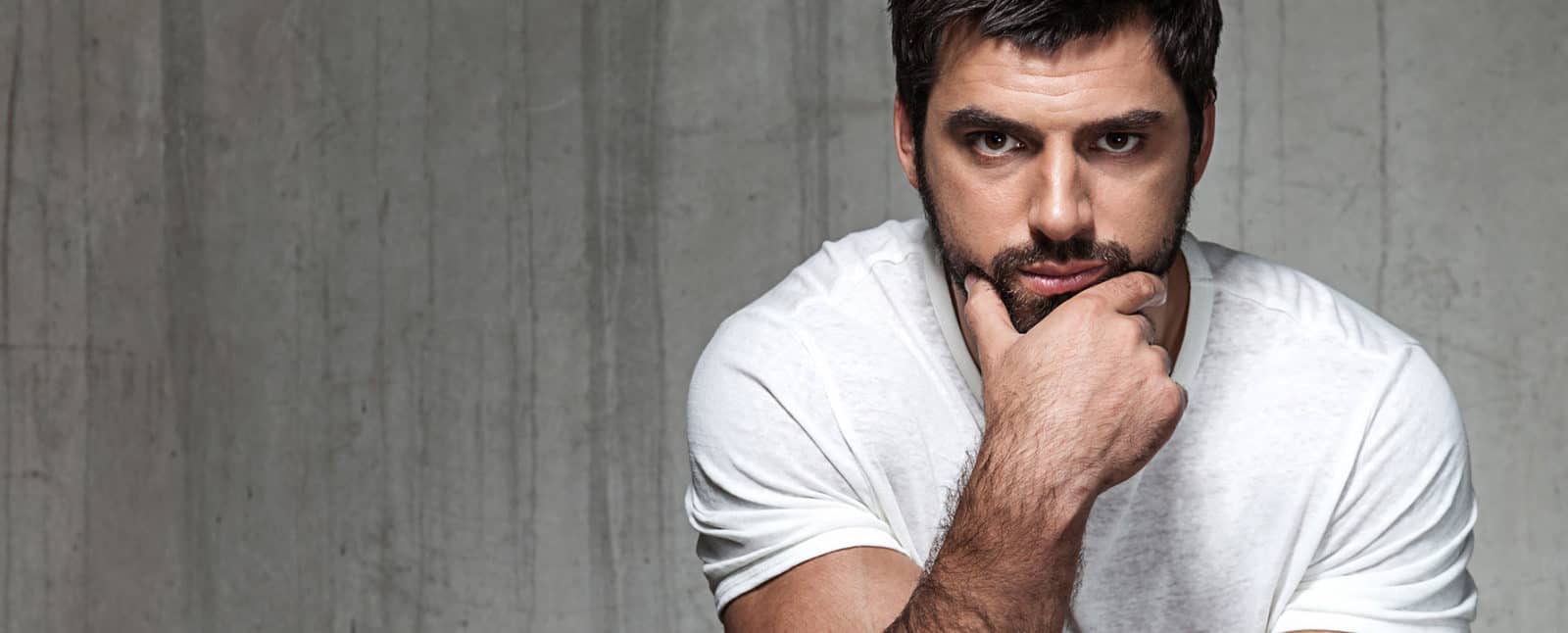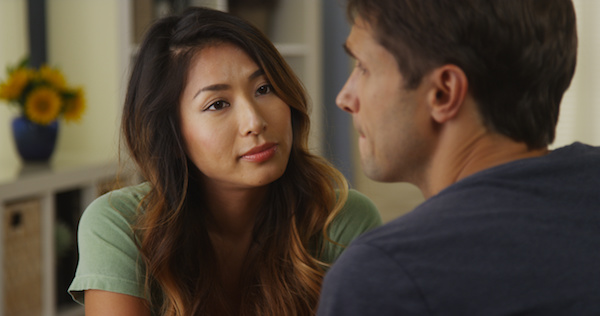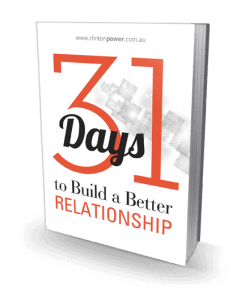Let’s Talk About ‘Coming Out’: An Interview with Therapist Clinton Power for Mardi Gras Season
I was recently invited by ABC Radio station Triple J to speak on their new show called The Hook Up with Hannah Reilly about ‘coming out’ for their special episode celebrating Mardi Gras season in Sydney.
Hannah wanted to talk to me about some of the most common issues LGBTQI people experience when coming out. We also discussed how to support someone who is coming out as well as what to not say when someone comes out to you.
This was a great discussion on an important topic where I also responded to people who called in live on the phone who were struggling with issues related to coming out.
Listen to what I had to say on this topic by playing the interview below.
Tips for LGBTQI people who are coming out
Coming out is a very personal and unique journey for all LGBTQI people. Coming out is also a process, not a one-time event. Sometimes you may move to a different city or new workplace and find yourself having to come out to people all over again, even if you came out of the closet many years ago.
Here are some of my top tips for coming out:
- don’t be pressured by anyone to come out – you need to do it on your own timeline
- don’t force your partner to come out if you’re already out – the pressure will build resentment and create conflict in your relationship
- don’t feel you need to label yourself if you don’t want to – labels are superficial things we use to categorise, but it doesn’t mean you need to use them
- understand that some people will need time to react and adjust to your disclosure – don’t expect them to be euphoric if you’re feeling on a high since coming out
- have educational materials on hand and refer friends and family to organisations such as PFLAG so your family can get more support and information
How to tell your straight partner you’re gay
It’s not uncommon if you’re in a straight relationship and you realise you’re attracted to the same sex or are gay.
It can be a challenging conversation to then come out to your straight partner, but an important one to have.
Here are some tips to consider:
- if you’re not bisexual, don’t come out as bi to soften the blow – it will only be confusing to your partner
- when you’re ready to disclose to your partner, choose a good time and a quiet place where you won’t be interrupted
- make sure your communication is direct, clear and honest
- be prepared to answer any concerns they have about your same-sex attraction, your sexual practices, and safe sex
- know that it is likely going to be very painful and upsetting for your partner and the relationship could end
- your partner may need the support of others and not want to go to you for support while they process the information
- know that things do get better – I’ve worked with many people who were married or in a straight relationship and came out and they were able to continue to have a healthy relationship once they got over the initial pain
- be prepared to educate your partner about same-sex attraction and relevant LGBTQI issues
How to be supportive of a loved one who comes out to you
If a friend or family member discloses to you they are gay or are attracted to the same gender, there are a number of things you can do to make sure your relationship is strengthened by their disclosure.
Here are some things to consider:
- try to be as immediately accepting of your loved one who is making the disclosure and let them know you still love them
- remember they have chosen to come out to you because they trust you, so consider it a privilege you’ve been chosen by them
- your loved one may have been grappling with their sexual orientation for a very long time, so be respectful and take their disclosure seriously
- be curious about what it’s been like for them while they have been in the closet
- reassure them that your relationship and the way you will treat them will not change in any way
- validate and affirm their decision to come out and offer your ongoing support to them
- regularly check in with your loved one after they come out to you – coming out can be scary and often LGBTQI people fear they will be rejected or friends and family will discard them
What not to do when someone comes out of the closet
- don’t make light of the disclosure or treat it like a joke
- don’t tell the person they are making a ‘lifestyle choice’
- don’t say you think they’re going through a ‘phase’
- don’t prioritise your own shock, disbelief, or personal reactions over the feelings of your loved one
- avoid outing them to other family members or in their workplace if you do not have their permission to do so
- don’t treat their disclosure as a piece of gossip to share with friends or on social media
don’t make any assumptions about their sexual practices or their risk of getting an STI or HIV
Are you an LGBTIQ person who is struggling with your sexuality or coming out?
If so, contact Sydney Gay Counselling on (02) 8968 9323 or book an appointment online today to find out how we can help.
Additional resources for LGBTQI people:
- www.qlife.org.au (Australia-wide)
CALL 1800 184 527 or use their open online chat. QLife is Australia’s first nationally-oriented counselling and referral service for people who are lesbian, gay, bisexual, trans, and/or intersex (LGBTI). QLife provides nationwide, early intervention, peer-supported telephone and web-based services to people of all ages across the full breadth of people’s bodies, genders, relationships, sexualities, and lived experiences. - www.Twenty10.org.au (NSW residents)
Twenty10 is a community-based, non-profit, NSW-wide organisation, working with and supporting people of diverse genders, sexes, and sexualities, their families, and communities. They provide a wide range of support services across New South Wales for people of all ages, including specialised services for young people. Their staff and volunteers deal with all enquiries in an understanding, supportive and confidential manner and most of their services are free, including counselling, drop-in centre, groups, activities, accommodation, regional and rural support and telephone support.
- PFLAG Australia
PFLAG stands for Parents and Friends of Lesbians And Gays. They are a non-profit voluntary organisation whose members have a common goal of keeping families together. PFLAG is there to give help, support, and information to families, friends of all gay people.
Are you an LGBTQI+ person who is struggling in your life or relationships?
If so, contact Sydney Gay Counselling on (02) 8968 9323 to find out how we can help or book an appointment online.


